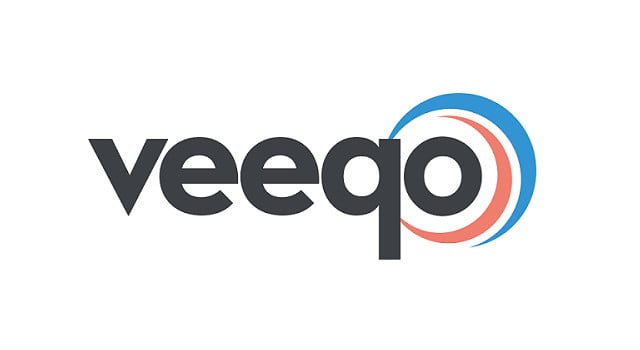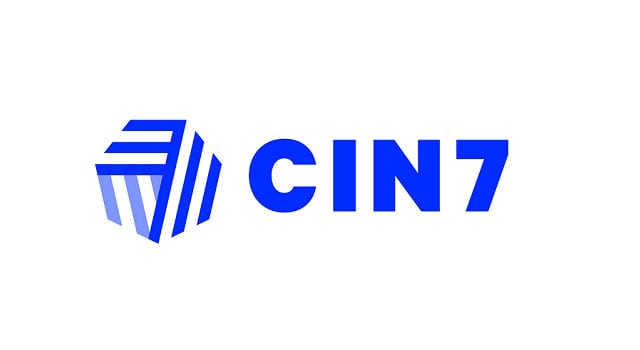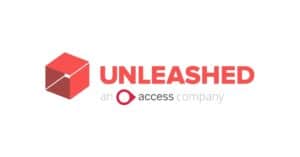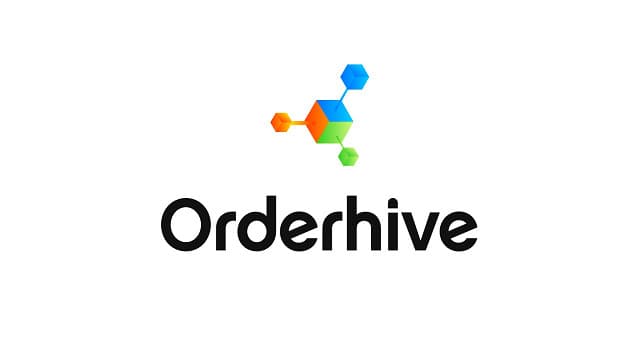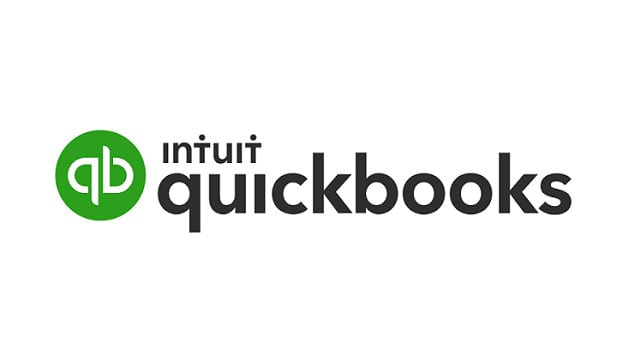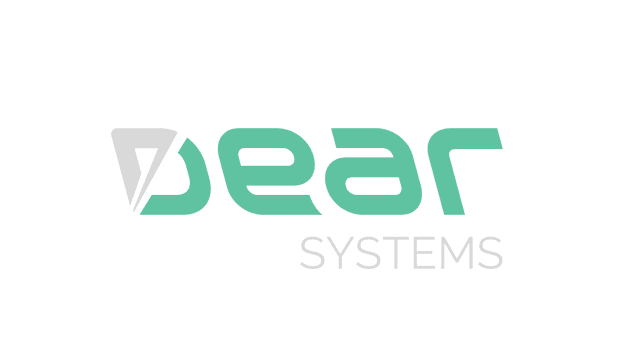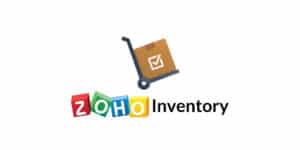
The Inventory management is an essential aspect of every business, whether it is little or large, in manufacturing, wholesale, retail, or any other industry. It is your obligation to meet your customers’ expectations and deliver items on time, which necessitates effective inventory management and tracking. However, if not done with caution, it gets much more tedious and difficult. As a result, it may have an impact on your fulfillment capacity and warehouse expenses. You might even run up putting a lot of risk into a stock that doesn’t sell. But don’t despair; there is a solution to these problems. It’s also inventory management software. It guarantees that you tackle those challenges swiftly and effectively by providing you with unique and valuable features that streamline and take risks. Let us learn more about this software and how it may help your business prosper.
What Is Inventory Management?
Inventory management software maintains and regulates a company’s current inventory, which includes stocks, purchases, and sales. It helps you in keeping track of all information, maintaining effective stocks, and simplifying product pricing. In addition, the software may assist you in facilitating logistic product management and automates many activities such as trading, ordering, transportation, costing, storage, assembling, shipping, and delivery.
It also eliminates the need for manual chores while increasing efficiency, lowering expenses, and saving time. Furthermore, it delivers useful insights to assist you in accelerating your business success. In the market nowadays, you can discover modern inventory management software of many types and apps based on the industry, business type, and inventory type. Cloud-based inventory management software is even more convenient because it can be updated and synchronized in real-time. The following are the essential features of current inventory management software:
- Organizing warehouse
- Product identification
- Optimizing inventory
- Asset tracking
- And more
What Are Its Different Types?
Inventory management software may integrate an organization’s many duties by utilizing the finest technologies for storage, ordering, purchasing, shipping, receiving, reordering, tracking, and turnover. Well, there are several types of software available that serve various objectives, such as:
1- RFID tagging software to scan and manage products more efficiently; however, it is expensive
2- Perpetual systems are great for larger businesses that require continuous inventory data recording.
3- Cloud-hosted software is ideal for businesses of all sizes since it is inexpensive and can be used from anywhere, requiring no maintenance or updates from you.
4- Inventory management software on-premises
5- Periodic systems for small businesses that need to provide data on a regular basis and maintain fewer products on hand.
6- Barcode systems for quickly and easily locating and moving stocks
7- Software as a service (SaaS) solutions that are hosted on the vendor’s server for a fee.
We’ll focus on the last one here: cloud-based inventory management software, which has gained popularity recently for the reasons stated. However, you may be thinking,
What Is The Need For Inventory Management Software?
For a growing business, it is critical to maintaining adequate inventory. And the whole process isn’t going to be simple. It requires a substantial amount of time, manpower, and effort to track assets from storage, warehousing, trading, shipping, and organizing to tracking assets.
Manual labor reduces efficiency and introduces time delays, and as a business, you never want to oversell your products or suffer backorders. It may have an impact on your sales and income. This is why you require an effective inventory management solution to reap the following benefits:
Increases Productivity
When you have a good understanding of your warehouse’s product status and are capable of tracking metrics, you can see how your business is progressing. As a result, you may save a lot of time that would otherwise be spent on repetitive chores and manual procedures, increasing your productivity.
Inventory Task Automation
Using powerful tools, the software may automate the complete management process. For example, you can integrate to manage and track purchases, sales, warehouse records, and the number of products in stock.
Customer Satisfaction
As a result of all the information at your disposal, you will be capable of better serving your customers. You can purchase stocks at the correct time, take more orders faster, and ship and deliver products sooner. As a result of the quick processing of their orders, it boosts customer happiness, and they are more likely to return and make another purchase to become a loyal client.
Better Product Management
To satisfy client needs, you must always have some additional stock on hand. Businesses may overstock their products as a result of poor product management. In this manner, they risk restricting monetary resources, incurring losses, incurring warehouse charges, and so on. Inventory management software handles these issues by regulating your products, avoiding resource bottlenecks, and keeping accurate pricing. Aside from these advantages, the software reduces storage issues, speeds up repeat purchases, does correct financial accounting, monitors shipping, purchase, and stock transfers, perform exact reporting, has a low theft incidence rate, and much more.
What Industries Need To Maintain Inventory?
Today’s marketplace is faster and more competitive. Well, As a result, if you want to thrive in business, you must-have inventory management software. The following industries require this software:
- Electronic devices
- Consumer goods for sports, health, beauty, home-ware, kitchen essentials, and more
- Food distribution
- eCommerce businesses
When researching inventory software, you may discover that there are several software solutions available, which may be a time-consuming and unpleasant endeavor. Save time and effort by reviewing the inventory management software listed below and selecting the best one for your company based on its unique requirements.
[lwptoc]1. Veeqo
Veeqo’s one platform provides total inventory control regardless of the number of warehouses and sales channels through which you operate. It is jam-packed with best-in-class features to help you provide an exceptional experience to your customers. Maintain real-time inventory accuracy across numerous sites, physical locations, and marketplaces. You may sell anywhere you choose and get stock level updates instantaneously. In addition, Veeqo offers multichannel inventory features, including inventory synchronizing, multi-warehouse routing, inventory forecasting, and more.
Manage orders throughout your sales using a single platform, so you never miss or oversell orders again. In addition, you receive features like returns management, helpdesk integrations, a smartphone app, and wholesale management. Increase the productivity of your warehouse using Veeqo’s simple platform, which helps you to easily pack, select, manage, and ship your products. It has additional features such as a barcode scanner, picking automation, a Veeqo scanner, and warehouse reporting.
Ship orders in bulk from many sales channels rapidly, track deliveries and automate all tedious activities in one place. Print shipping labels, package tracking, auto carrier selection, and integrated shipping labels are all included. Veeqo integrates with over 40 solutions, including eCommerce platforms, over 20 shipping carriers, 3 accounting software, point-of-sale systems, 3PLs, and others. The Veeqo app, which is available for both iOS and Android, allows you to manage anything with your fingertips. They also provide an enterprise-grade barcode scanner – Veeqo Scanner – to further assist you.
2. Cin7
Thousands of merchants and sellers rely on Cin7 to properly manage their whole inventory, increase sales, and grow their business. Cin7 is a strong tool for integrating your goods, stock locations, sales channels, orders, processes, warehouses, reports, and so on into a unified automated solution. It provides your financial, operations, eCommerce, and warehouse management with the tools they need to do their jobs effectively.
With versatile features, it enables you to sell your products through different channels, whether online, retail, or wholesale. Manage everything exactly and effectively through sourcing through purchasing, contract manufacturing, or basic manufacturing. Set precise pricing, payment conditions, and quotations; create unique product catalogs; and provide extra assistance to your B2B customers when they buy at your wholesale site. Gain complete control over all transactions, from EDI orders to bulk purchases.
Cin7’s flexible fulfillment organizes your warehouse as you receive purchase orders and process shipment. It helps to sell stress for eCommerce businesses by automating stock tracking, order management, and shipping. To manage your orders, shipping, inventory, processes, and accounting, the software offers over 550 connectors. Salesforce, Amazon, Shopify, Xero, QuickBooks, Accent, Synnex, 3PL Center, Shippit, PayPal, and more major tools may be integrated with Cin7.
3. Brightpearl
Brightpearl’s digital operation software is retail-tailored and designed to support Omnichannel businesses and their operational agility. It helps them in increasing sales, responding to changing market conditions, and exceeding client expectations. In addition, Brightpearl helps a robust infrastructure to automate you in automating and centralizing important operations such as inventory, post-purchase, order management, fulfillment, warehousing, shipping, accounting, purchasing, POS, CRM, business analytics, and supplier management.
To save time and money, consolidate your physical and online sales channels, suppliers, inventory locations, and customers into a single system. Automate labor-intensive other important workflow tasks like shipping, order fulfillment, inventory allocation, buying, invoicing, and accounting. With financial views, real-time analytics, and forecasts on products, customers, and sales channels, you can transform your business operation data into valuable, actionable insights to help you make better and faster business choices. Allow for swift modifications in the event of unanticipated market developments, business growth, or growing customer demand. Brightpearl’s agile functionalities let you scale easily without sacrificing your business operations or experiencing time delays.
4. Unleashed
Unleashed provides rapid visibility into your production, inventory, suppliers, and customers, allowing you to control them effectively. This platform is great for wholesalers, distributors, and even manufacturers. With their extensive feature set, they assist you in managing everything in order to save time, boost performance, and increase revenues. They give you continuous inventory control, so you will always know how much stock is on hand at which place.
Maintain lean and quick stock counts and levels matter of the number of warehouses and products you manage. By releasing the power of Unleashed, you can avoid stock-outs, master margins, increase rapid sales orders, apply smart pricing, control stock internationally in diverse supply chains, and much more. Increase transparency in the complex manufacturing process by tracking serial and batch numbers, product bills, auto-assemblies, and assemblies. Maintain good profit margins while keeping an eye on correct production costs.
Unleashed helps distributors and wholesalers to manage their warehouses in different locations with ease utilizing a single system, simplify stock takes, purchase and sell in multiple currencies, and employ barcode scanning. Using their Business Intelligence tools, you may track how your business is performing by using updated KPIs. With 20+ reports on your operations, you can monitor and dive further into your business data to assess what works for you and where you need to optimize. Use the Unleashed Sales app to provide your admins and salespeople with the precise inventory data they require.
Allow your trade customers to assist themselves by utilizing the B2B shop, reducing the time spent on individual sales. Unleashed safeguards your business’s data and client information with enhanced security features such as account-controlled user access and two-factor authentication. Integrate with Xero, Salesforce, Prospect CRM, and other systems to automate operations.
5. Orderhive
Orderhive’s simple-to-use yet effective inventory management software helps you in streamlining processes so you can focus on growing your business. Serialize inventory in lots and batches, auto-sync it across several sales channels, and rapidly identify it using the software. Using the virtual product storage dashboard, you can simplify product management whether you have hundreds of SKUs or just one, many storefronts, or just one.
Manage your product catalogs, which include basic, bundled, and variation products. You may configure numerous price choices, export, and import bulk product data, produce and print barcodes, manage multiple inventory locations, and benefit from smart labeling and classification. Track your stocks, obligations, and due to arrivals in real-time, connect offline and internet inventory, and use automatic rules. Manage batch numbers and expiry dates, as well as multi-warehouses such as Amazon FBA and 3PL.
Keep a watch on departing and incoming inventory to reduce the risk of underselling or overselling. Set out-of-stock and low-stock alerts, reorder levels, automatic PO creation, stock count forms, track packing, picking, and shipping products out of warehouses; instantly reorder, backorder, and alter stock and price. With precise, real-time information on inventory audit, stocks, COGS, backorders, pricing history, purchase history, and movement summary, you can stay up to current and make educated business decisions. Orderhive may be integrated with a variety of systems, including Amazon, eBay, Stripe, WooCommerce, Bluedart, Xero, USP, FedEx, and others.
6. QuickBooks
QuickBooks can help you manage your business across numerous platforms. It allows you to easily list your products on many platforms and manage them in order to increase brand exposure while growing your consumer base. Track fulfillment and inventory across locations and sales channels in one place, and control every activity to make your product listing, data, and orders are always up to date.
The QuickBooks is one of the finest accounting software insights for tracking spending, income, profit margins, revenue, and more. Automate processes like invoicing, financial data, bank reconciliation, budgeting, and data input. Organize everything easily and prepare for tax season without a time of work or worry. Simply collect and retain all receipts and remain informed using their mobile app to stay compliant and optimize deductions.
You can rapidly improve your cash flow by connecting your credit card and bank accounts to QuickBooks. Profits, loss, and balance sheets may be viewed at a glance with a few mouse clicks, simplifying your bookkeeping. QuickBooks allows several users to utilize the software at the same activity while tracking all activities. It helps your accountants, bookkeepers, and coworkers to do their duties more effectively.
QuickBooks has strong, industry-grade security features to secure your data and automatically backs up everything so you can access it from anywhere, at any time, and on any device. In addition, accounting solutions may be tailored using tools such as time tracking, cloud accounting, inventory management, payment processing, and more.
7. DEAR Systems
DEAR is a cloud ERP solution that helps businesses to connect with many sales channels, manage them, and grow their business. It is an excellent inventory solution for a variety of businesses, including manufacturing, wholesale, and retail. This multi-module inventory management software accelerates your business growth with exceptional features and automates the process to save you time. In addition, it simplifies operations by combining features in a single software package to manage sales across several channels.
With invoices and other data readily accessible on the easy-to-use dashboard, you can make informed decisions for manufacturing, production, and sales. To avoid financial risks, you may integrate VAT-compliant inventory and accounting software. Use their straightforward, easy-to-deploy, and powerful retail POS system to help sell on several platforms and organize the business. Reduce expenses by facilitating simple fulfillment with their superior Warehouse Management Software (WMS). DEAR makes extensive use of automation, from workflow to precise reporting. Furthermore, it facilitates B2B payment against all invoices and finished orders. You can manage everything effortlessly, including production planning, raw material purchase schedule, and capacity planning.
8. Zoho
With Zoho, you may get an all-in-one inventory management system. It helps businesses with their inventory concerns by processing orders, tracking inventory, and handling tax. In addition, the one app allows you to categorize, configure, and track products for improved stock control. For example, you may categorize products based on their qualities, manage them across several warehouses, track their movement, and keep track of their serial numbers and expiration dates.
Maintain an outstanding client lifecycle by managing operations from order acceptance through dispatching without manually entering data at each stage. Create packing slips and print labels in the format you choose, turn sales orders into invoices, send them through email, and track the process with ease. Manage vendor invoices and transactions in real-time to avoid data theft or relationship breaches. Establish pricing lists, automatically update them, track paid and unpaid invoices, create back orders, commence drop shipping, and maintain order history.
Extend your business with connectors such as post-shipment to keep your customers informed at all times; shopping carts and marketplaces to increase sales; Crossfire EDI to automate the order receiving process; accounting systems such as Zoho Books; and CRMs such as Zoho CRM. Enjoy automation with features like barcode scanning, URL modification through web-hooks, Deluge Script, and so forth. Zoho helps you to easily produce reports to assess business performance, categorize things using the SKU generator, and set reorder thresholds for low stocks.
The Bottom Line: Inventory Management Software
Spreadsheets are no longer in use. Instead, new and developing technology makes it possible to manage your inventory in a quick, secure, and simple manner. As a result, employ inventory management software to easily manage everything from stock acquisition, storage, bookkeeping, orders, fulfillment, billing, payments, and tracking your business’s success.
